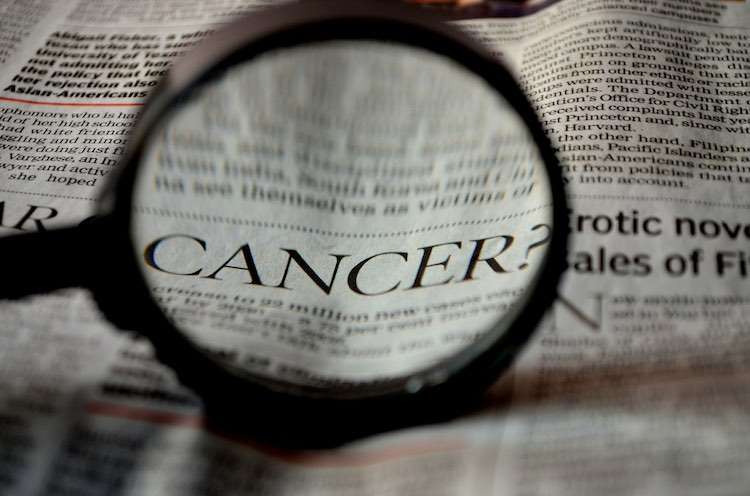Physician Invents Reconstructive Surgery For Female Genital Mutilation
This groundbreaking new surgery could help millions of women worldwide recover from the physical and emotional wounds of genital mutilation.

If you've ever wondered how the fight against cancer is going, just ask the thousands of patients who have collectively been granted more time on this precious planet.
A new study conducted by the Southwest Oncology Group (SWOG) has found that thanks to federally funded cancer treatment studies, successful Phase III clinical trials have drastically extended the lives of cancer patients; collectively adding up to over 3.34 million more years of life.
SWOG, which is a network of cancer clinical trials network funded by the National Cancer Institute (NCI), has collectively enrolled over 200,000 volunteer patients and helped ensure the approval of 14 different cancer drugs and over 100 new practices of care.
"The NCI's investment in SWOG and our network has resulted in a significant benefit to the American public," said SWOG biostatistician Joseph Unger. "A lot of people with cancer have lived longer because of the therapies tested in our publicly-funded trials. At the same time, the cost of this research is relatively low. So with high impact and low cost, it's a great value for taxpayers."
Unger conducted his research by analyzing 23 different Phase III randomized clinical trials that were shown to extend the lifespan of patients suffering from a variety of cancers, including lung, breast, skin, and prostate, as well as blood cancers such as leukemia, lymphoma, and myeloma.
Assuming the treatments became standards of care, Unger then calculated how many new patients would benefit from the therapies in hospitals worldwide. If every patient benefitted from the average of five or more years of survival, then SWOG has helped millions of cancer patients live longer lives. Even if Unger overestimated the amount of years gained from the treatments, it can still tally up to about 2 millions years granted, rather than 3 million.
"Time is the most priceless gift we have, and the ability to give people with cancer more time with their loved ones is a major achievement," said SWOG Group Chair Dr. Charles Blanke, the senior author of this abstract. "To put the numbers in context, the most conservative estimate of 2 million years is the equivalent of giving about three extra years of life to every one of the estimated 600,000 Americans expected to die of cancer this year. This is an exceptional benefit to come out of federally-funded cancer research."
Save Your Friends From Negativity: Click To Share (Photo by PDPics, CC)
Be the first to comment